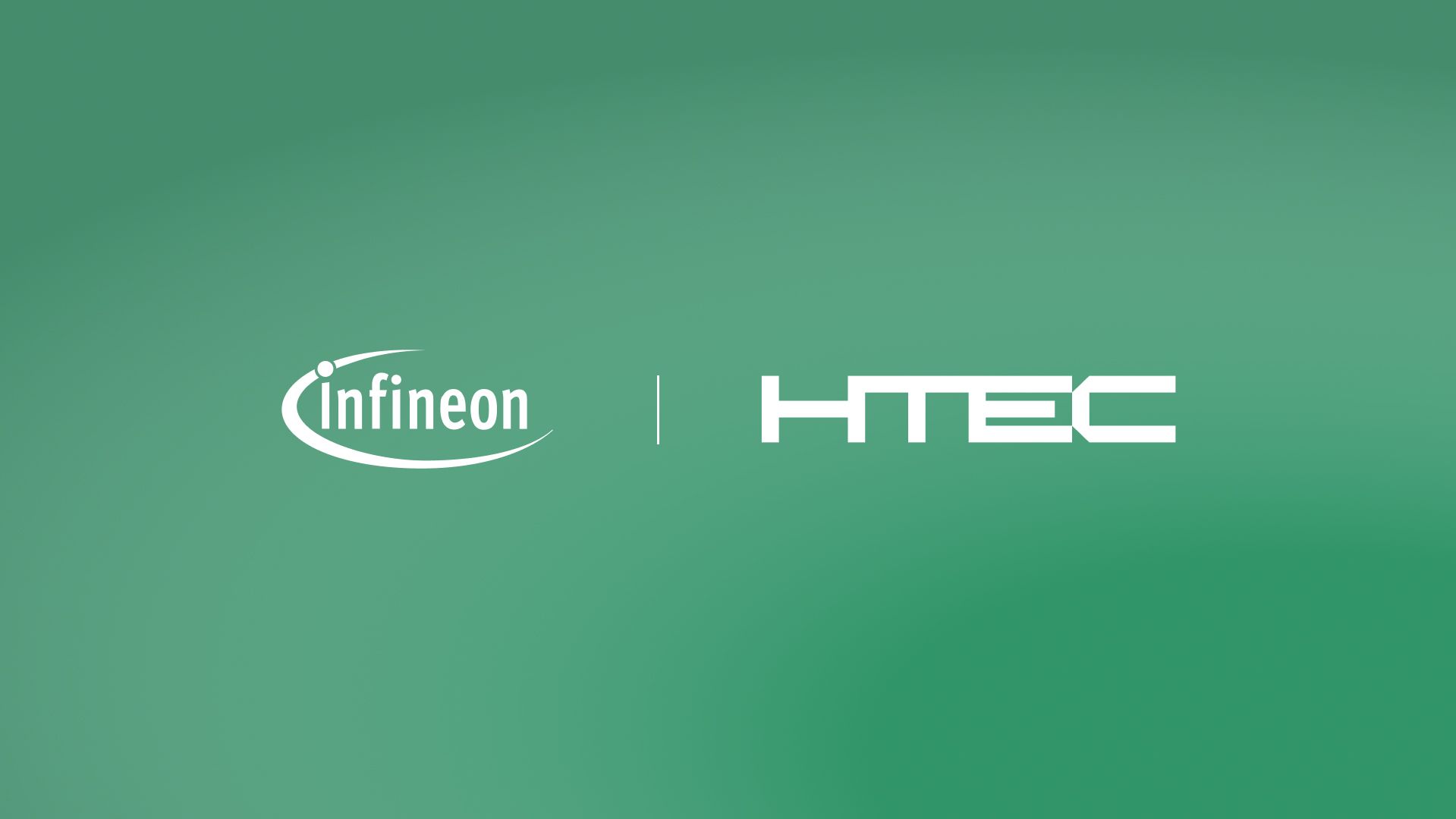Let us introduce you to Michael Abbott, the latest addition to the HTEC advisory board.
Michael is an opportunity seeker, change-maker, and status quo shaker. He’s also an engineering leader, founder, board member, entrepreneur, and investor. The list goes on.
Throughout his outstanding career, spanning over twenty years, Michael has held prominent roles at Big Five companies like Apple and other tech giants, including Twitter, Palm, and General Motors (GM).
Michael has considerable experience in delivering world-class software for consumers and companies. He has led the building of transformative applications and services, overseen critical cloud and infrastructure initiatives at Apple, and spearheaded the technology transformation at one of the biggest automotive manufacturers in the world.
We met with him to discuss his new advisory board member role, how he plans to contribute to HTEC’s strategic initiatives, and what emerging technologies are on the horizon.
Diverse paths, unified vision: Michael’s people-centered approach to leadership
Michael’s versatile background heavily influenced his approach to technology innovation and leadership. He explains that moving from one challenge to another helped him identify commonalities across organizations and industries. These challenges also helped him realize that people are the building blocks of every company.
“I am impressed by the intellect and experience of those I have met across the lines of business —engineers and product experts who have developed technologies that scale at exponential levels. Having a team of people willing to move beyond what’s possible is truly impactful.”
Due to his people-centric viewpoint, Michael always tries to take a servant-leader approach to management — he likes to measure his effectiveness by the positive impact he has on employees’ performance.
“If I can play a tiny role in someone’s career advancement in whatever direction they want, that is a bright metric.”
While his approach is servant leadership, he also describes himself as a wartime leader. He gained most of his leadership experience working with companies in the middle of turnarounds, radical business changes, or crises. Michael enjoys being in uncomfortable situations because this is where you learn the most.
Shedding light on Michael’s decision to join HTEC Advisory Board
For Michael, HTEC’s people were one of the key factors influencing his decision to join the board of advisors. He is impressed by HTEC’s collective energy and passion for building transformative solutions, particularly in areas such as data and AI, and its engineering excellence, which brings even the most challenging ideas to life.
“It all comes down to people. We all have a finite amount of time in this world, and deciding where and with whom you want to spend your days is critical. The opportunity to work with visionaries, enthusiasts, and high achievers focused on collaboration and performance improvement led me toward HTEC. [HTEC founder] Alex Cabrilo is one of those people.”
Michael says he is genuinely excited about his new role at the company and eager to understand HTEC’s business expansion and revenue strategies. He is also curious to learn more about how the company leverages client feedback and partnership insights to identify potential product development opportunities.
According to Michael, HTEC’s strong engineering capabilities directly influenced his decision to join the board.
“The caliber of individuals working at HTEC and their technical acumen surpasses its competitors’ engineering capabilities and brainpower,” Michael explains. “When examining HTEC’s position in today’s rapidly evolving and fierce market, it’s clear that the company’s uniqueness lies in its technical prowess and strong engineering capabilities.”
Aspirations and Impact: Goals for HTEC’s Future
Michael believes his global business perspective will empower HTEC to make better decisions, approach strategic initiatives effectively, and avoid pitfalls and unwanted consequences in the technology space, new projects, and potential partnerships.
“My goal is to make an impact, but there are many ways to accomplish that, from building a stronger customer base to coaching and challenging the HTEC leadership team to explore new opportunities and push the boundaries of invention.”
Michael emphasizes that HTEC is a customer-centric company with a large base of happy clients. However, he also believes that when a company grows at such an impressive rate as HTEC, it should focus on strengthening and maintaining good communication with each customer. Michael says he’ll support HTEC’s customer service approach by uncovering partnership patterns and trends that contribute to the development of client-centric products.
“A part of my job is to push this agenda, help HTEC fortify its existing customer base, and redefine experiences for future consumers and enterprises. At the end of the day, customer experience excellence begins at the top of the organization,” says Michael.
Bridging academia and industry
With his involvement on various advisory boards, including those at USC Viterbi School of Engineering and UC Berkeley Engineering, Michael reflected on academia’s role in technological innovation.
“Before teaching, I was a visiting scholar in the AI lab at Stanford. I’ve always had an affinity for academia, and I believe we can learn a lot from students.”
From hiring new graduates from some of the best schools in the world to building and nurturing collaboration with prestigious universities like Stanford University, academia represents a pipeline of future innovators that companies like HTEC can leverage to drive growth.
He also discussed plans to help HTEC collaborate with other industry players and startups.
“Collaboration in the technology industry is crucial. In my role at HTEC, I’ll be connecting the dots and organizing meetings that create opportunities for the company to build partnerships.”
Michael’s perspective on the emerging technology frontier
Michael thinks that the potential of generative artificial intelligence (GenAI) is often overhyped in the short term and underestimated in the long term. He explains that the long-term impact of GenAI will be much bigger than we can imagine.
“I see many Fortune 500 companies and CFOs trying to identify viable GenAI use cases for their organizations. But it’s important to think beyond technology application to which teams have the expertise to harness it, prioritze use cases, and maximize value. The need for qualified AI teams creates a plethora of opportunities for engineering services giants like HTEC to guide organizations into the new GenAI era, help them act on the resulting industry changes, and navigate through the noise to real business gains.”
—
Connect with Michael to learn how HTEC can help you engineer a better future.





